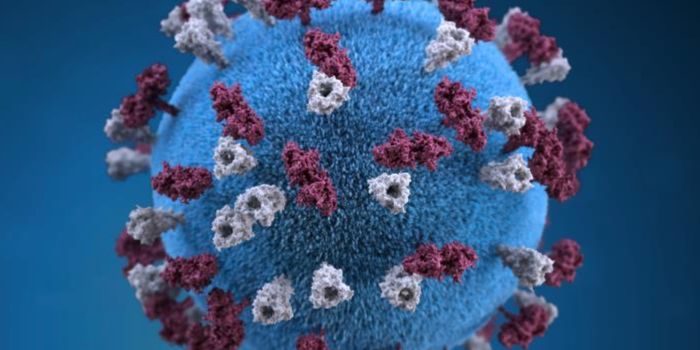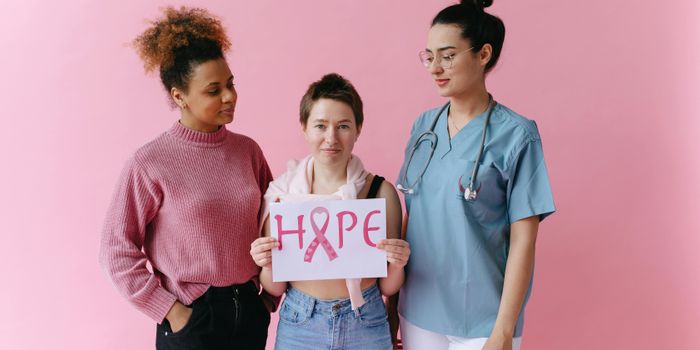
Dramatic remissions have been seen in a cancer immunotherapy trial for patients with blood cancers. Specifically, 27 out of 29 patients with advanced blood cancer sustained remissions with this treatment. The results are preliminary as the study is ongoing at the Fred Hutchinson Cancer Research Center in Seattle.
Immunotherapy is a revolutionary approach to fighting cancer. The treatment is still experimental, so it is generally reserved for those whose cancer was resistant to other cancer-fighting treatments. The trial began in 2013, and many of the recruited patients were not expected to survive for more than a few months.
The team at Fred Hutchinson uses an immunotherapy technique called adoptive T-cell therapy. The treatment works by first taking a patient’s T-cells, a type of white blood cell. T cells have the ability to detect and attack foreign or abnormal cells. Unfortunately, cancer can exhaust and overpower T cells. In addition, tumors use an array of techniques to evade them.
After taking the T cells, the researchers then genetically engineer them with synthetic molecules called chimeric antigen receptors (CAR). The CARs enable the T cells to attack the body’s cancer cells. The army of cancer-fighting cells is grown in a lab and then given back to the patient. The therapy does not need to be repeatedly administered because T cells can continue to multiply once delivered back into the patient.
The researchers noticed dramatic remissions in the treatment of patients with two types of cancers: lymphomas and some types of leukemias. However, while the treatment shows promising results, “much like chemotherapy and radiotherapy, it’s not going to be a save-all,” said Immunotherapy researcher and oncologist Stanley Riddell. Some patients may require alternative treatments.
Ridell and his colleagues are continuously revising the T-cell therapy protocols in hopes to make the therapy more effective and reduce the harmful side effects. The side effects, sometimes serious, have included fevers, drops in blood pressure, neurological symptoms, and cytokine release syndrome. Seven patients in the study ended up in intensive care due to the side effects. Two of the study participants died. The team found that administering the lowest dose of T cells to those with the highest tumor burdens lowered the risk of serious side effects.
The researchers are now working on developing safer and easier to design T cells. It is important to note that the research has not yet been published, and has thus not been evaluated by scientists independent of the study.
 Dramatic remissions have been seen in a cancer immunotherapy trial for patients with blood cancers. Specifically, 27 out of 29 patients with advanced blood cancer sustained remissions with this treatment. The results are preliminary as the study is ongoing at the Fred Hutchinson Cancer Research Center in Seattle.
Dramatic remissions have been seen in a cancer immunotherapy trial for patients with blood cancers. Specifically, 27 out of 29 patients with advanced blood cancer sustained remissions with this treatment. The results are preliminary as the study is ongoing at the Fred Hutchinson Cancer Research Center in Seattle.








